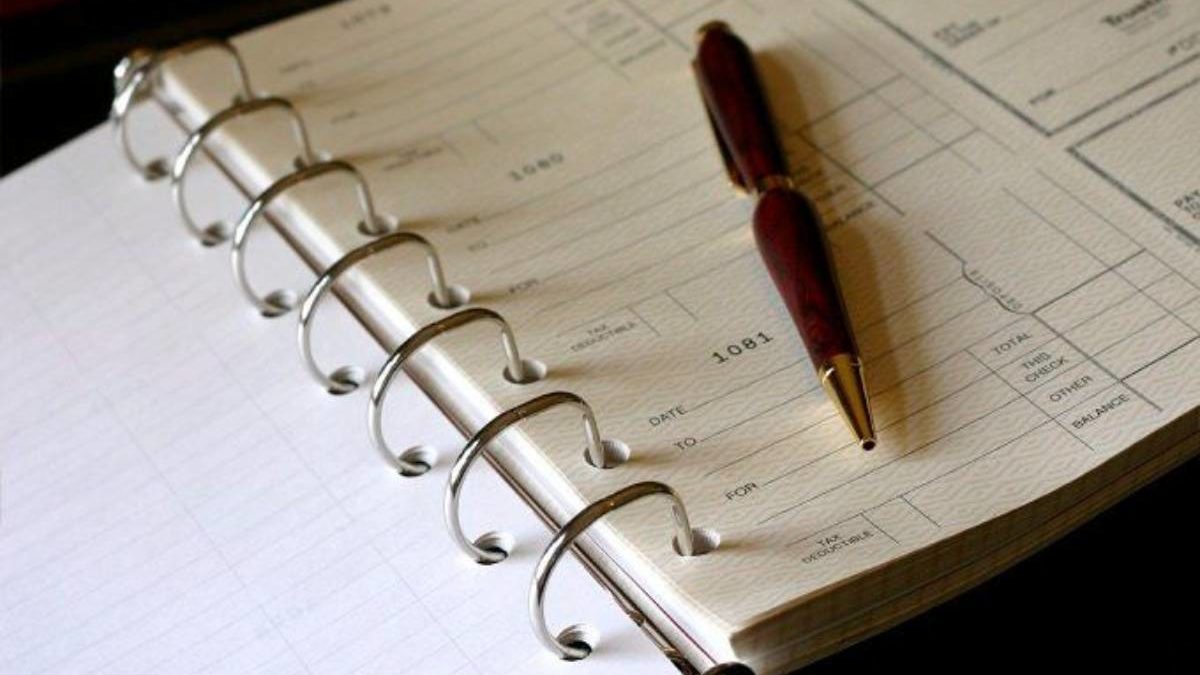The uncollected funds the bank deposit amount from cheques that yet it clear by the bank from which the cheques haggard.
Accordingly, uncollected funds sums of money that the bank needs to reconcile. It completes before releasing the funds to the depositor. The drawee cannot access the ‘uncollected funds’ until the cheque clears.
Table of Contents
Introduction
- How many days did it take for the cheque we deposited at our bank to clear? A day if it within the same bank and if taken at the most three to four days if it was between different banks, right?
- To understand the term uncollected funds, we need to know how a cheque clear between banks.
- And ideally, there are four parties to the transaction where a drawer writes a cheque in the name of drawee. It also involves their banks.
- When the drawee deposits the cheque with his bank, his bank also known as drawee’s bank, they approach the drawer’s bank to get the cheque cleared.
- The drawer’s bank does a status check on a sufficient balance of the drawer to honor the cheque. If enough funds available, the drawer’s bank pays the requisite cheque amount to the drawee’s bank.
- Till its time, the drawee’s account may not reflect the increased balance due to the cheque deposit. Such the differences called ‘uncollected funds’ shortly denoted as UCF and UF. Once confirmed, the drawee’s bank deposits the account of drawee with the cheque amount.
Why are Uncollected Funds Important?
- Uncollected funds are essential it understood by businesses to enable proper operations and effective fund management. Ideally, companies take many vendors whom they must pay within the given credit period.
- Also, they take customers or clients from whom they receive payments. Accounts payable and receivable management holds prime importance in the organization to effectively manage working capital.
- And the payments complete and receive by cheque in most cases. It is situations where organizations hold back or try pushing prices to their vendor to anticipate a cheque from the client.
- Consequently, the working capital must not get affected by any unplanned uncollected funds leading to blockage of funds for the usual business operations.
- There difference between an insufficient fund and an uncollected fund. The latter implies a pending deposit.
- Whereas the former it not show a deposit pending. So you cannot honor the cheque against an insufficient fund.
- Accordingly, the cheque written on the insufficient fund will result in cheque bounce that is a punishable offense in India.
- It leads to imprisonment, which extends to two years. Alternatively, it attracts fines of up to twice the amount of the cheque and imprisonment.
How to Avoid Cheque Bounce?
- It might be challenging to identify uncollected funds, especially when banks do not mention them in our account statement.
- It computes the difference between the total balance and the available balance of the savings bank or current account.


